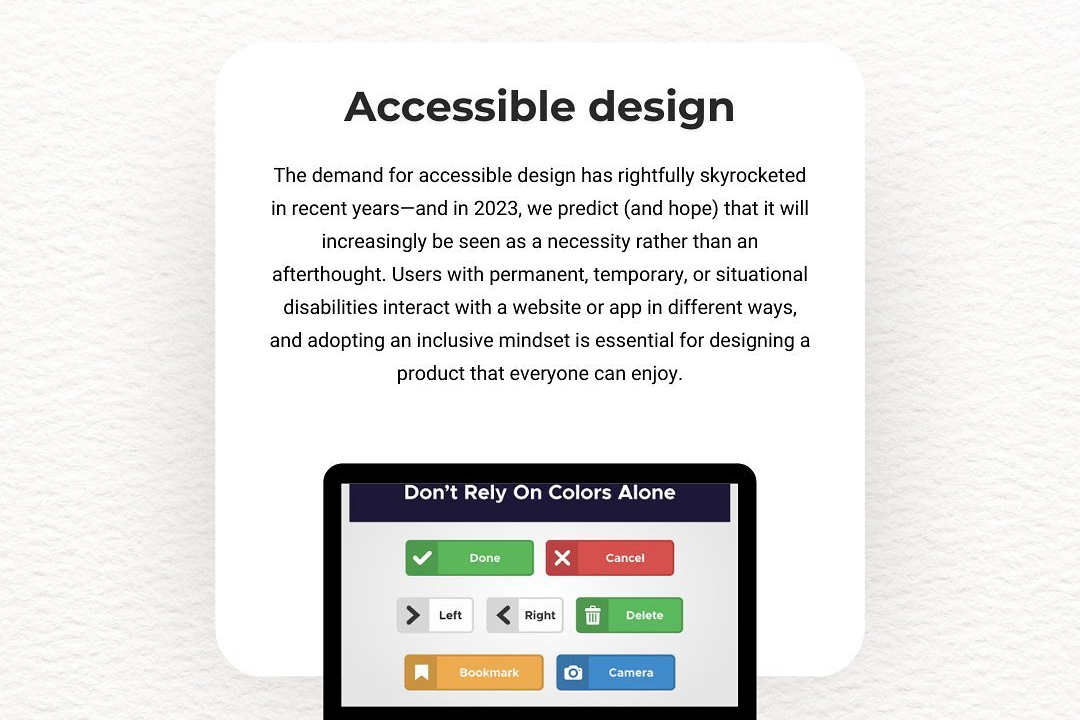Integrating Analytics Into iOS Apps
Optimizing iOS Apps with Integrated Analytics
Integrating Analytics Into iOS Apps
Integrating analytics into iOS apps involves embedding tools that collect, analyze, and interpret user behavior data to enhance app performance and user experience. This integration typically includes utilizing SDKs (Software Development Kits) from analytics providers, such as Firebase, Mixpanel, or Amplitude, enabling developers to track various user interactions, such as screen views, button clicks, and user demographics. By leveraging these insights, developers can make data-driven decisions to optimize app features, personalize content, and improve user engagement. Additionally, effective analytics integration can help in identifying user retention patterns and potential drop-off points, allowing for timely updates and targeted marketing strategies to enhance overall app success.
To Download Our Brochure: https://www.justacademy.co/download-brochure-for-free
Message us for more information: +91 9987184296
1 - Understanding Analytics: Introduce students to what analytics is and why it is important for mobile apps, including user engagement, retention metrics, and conversion rates.
2) Types of Analytics: Cover different types of analytics, such as user behavior analytics, performance analytics, and marketing analytics, and when to use each.
3) Choosing Analytics Tools: Discuss popular analytics tools for iOS, including Google Analytics, Firebase Analytics, Mixpanel, and Amplitude. Highlight their features and use cases.
4) Setting Up Analytics: Provide a step by step guide on how to set up an analytics platform in an iOS app, including necessary configurations in Xcode.
5) Tracking User Events: Explain the concept of event tracking—what events to track (e.g., button clicks, screen views) and how to implement event tracking in code.
6) Implementing User Properties: Show how to set up user properties to segment users based on demographics, behavior, or engagement levels for more targeted insights.
7) Data Privacy and Compliance: Educate students on data privacy laws (e.g., GDPR, CCPA) and ethical considerations for collecting user data in compliance with regulations.
8) Creating Dashboards: Teach how to visualize analytics data using dashboards provided by analytics tools, enabling real time tracking and analysis.
9) Interpreting Data: Introduce techniques for analyzing and interpreting the data collected, helping students derive actionable insights from the metrics.
10) Testing and A/B Testing: Explain the importance of A/B testing to experiment with different features or designs based on analytics data, enhancing user experience.
11) Performance Monitoring: Discuss how analytics can be used to monitor app performance metrics such as load times and crash reports, enabling quick responses to issues.
12) User Journey Mapping: Teach students how to create user journey maps based on analytics insights to understand user interactions and improve app workflows.
13) Funnel Analysis: Explain the concept of funnel analysis and how students can create funnels to track conversion rates through various app stages.
14) Retention and Churn Metrics: Teach students how to measure user retention and analyze churn rates, ultimately identifying factors that contribute to user loyalty.
15) Integrating with Other Services: Discuss integration possibilities with other marketing and user engagement tools, such as email marketing platforms and push notification services.
16) Using Heatmaps: Explain how some advanced analytics tools offer heatmaps to visualize user interactions, providing deeper insights into user engagement.
17) Data Driven Decision Making: Encourage a mindset of data driven decision making, helping students understand how to use analytics insights to guide app development and marketing strategies.
18) Real World Case Studies: Present real world case studies of successful apps that utilized analytics effectively, demonstrating the impact of well implemented analytics strategies.
19) Future Trends in Analytics: Discuss emerging trends in mobile analytics, such as predictive analytics, machine learning applications, and the growing importance of user experience metrics.
This comprehensive training program can provide students with a solid foundation in integrating analytics into iOS applications, ultimately enabling them to develop more effective and user centric mobile apps.
Browse our course links : https://www.justacademy.co/all-courses
To Join our FREE DEMO Session: Click Here
Contact Us for more info:
Android App Development Course Fees in Delhi
Android App Development Course Fees in Hyderabad
WordPress certification free
Java Problem Solving Interview Questions 2024
Best Institute For Software Testing In Pune











